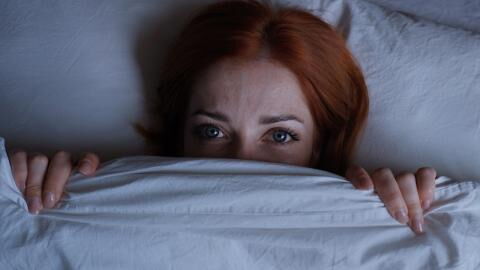Since the beginning of the COVID-19 health crisis, the impact of the measures taken to manage it has affected many aspects of society. In particular, the adverse effects of the crisis on sleep were highlighted in spring 2020. Almost a year later, the situation has not improved, far from it.
Discover our latest podcast
Students affected by sleep disorders
For over a year now, our lifestyles have been completely disrupted by the coronavirus epidemic. Social distancing, teleworking, wearing masks, curfews, confinement, restrictive measures have multiplied as the pandemic has grown. While many studies have noted the negative impact of teleworking on employees, few studies have focused on the plight of students in particular.
In a recent study conducted by the National Institute of Sleep and Vigilance, researchers warn of the situation of the latter. The study was carried out during the second lockdown among 1000 people. And the findings are clear: nearly 40% of 18-24 year olds reported sleep problems, compared to a quarter of the general population.
This age group is already normally vulnerable. Here, they are the ones who continue to be held at home the most, with distance learning.
Precariousness, isolation, depression
On many levels, students are among the populations most affected by the health crisis measures, and the most precarious population group.
Many of them live, eat, sleep and work in small university rooms, where the bed often serves as a desk. Forced to study online, they spend the day on screens and see no one. The neurologist also warns of the disruptive effects of blue light on the internal clock. And she reminds us of the importance of physical activity outdoors.
All the levers for maintaining physical and mental health are affected. It's a vicious circle: anxiety or depressive disorders encourage sleep problems. Young people are the first to be psychologically affected by the crisis.
Ad to this is the anxiety and stress of exams without having had face-to-face lessons, and the many questions they have about the real value of distance learning.















